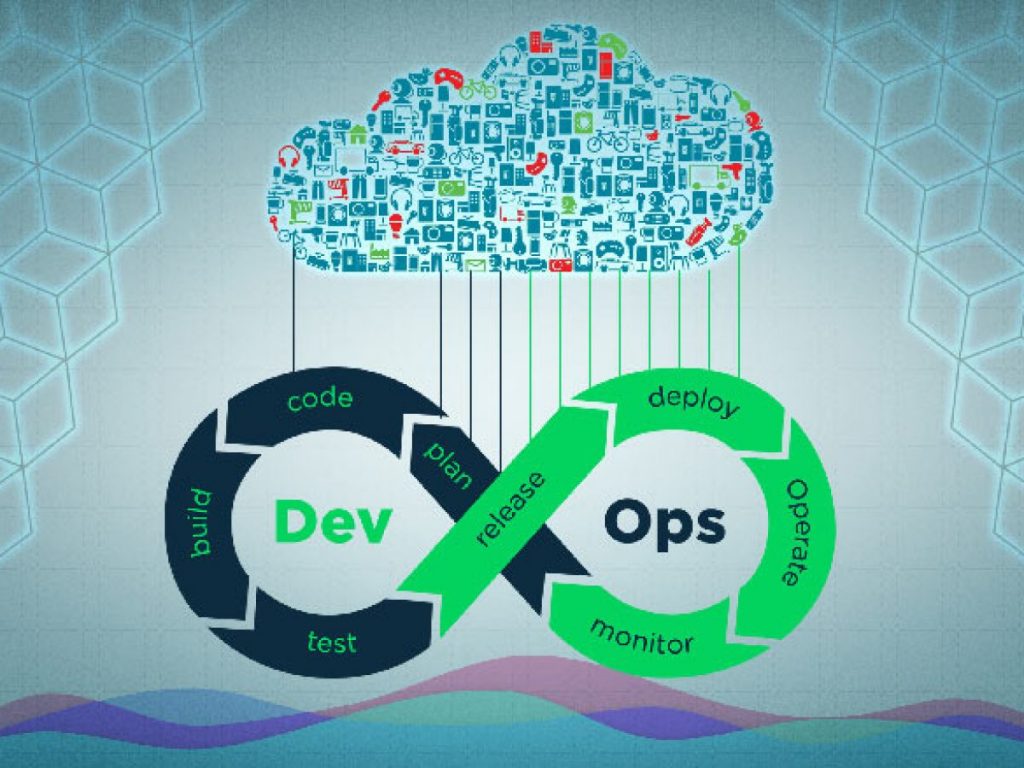In the world of technology – with the help of continuous integration, the different phases of DevOps can be integrated. Jenkins is a device that can be used to integrate these DevOps operations; it is quite popular these days. Jenkins was simply an open-source for continuous connectivity tools at startup, but now with the upgrade to the Jenkins version, it has become a continuous integration and transfer tool that can also manage the level of application distribution. With Jenkins, organizations can accelerate the development of robotics products. Therefore companies always prefer their workforces who hold the credentials of Jenkins certification to avail the perks. Jenkins coordinates a variety of life cycle strategies. Jenkins is constantly integrating with the units. These modules allow the integration of different DevOps steps. If you need to run a particular device, you must present the plugins of that tool.
What Is Jenkins?
Jenkins is a great software development tool used for continuous integration. This is very useful for creating and testing software projects. Jenkins multi-platform software was written in Java. It is free and open-source software. Jenkins is a powerful program that enables continuous integration and implementation no matter which platform you run on. We can connect Jenkins with many tools, from construction to testing and installing code quality. Jenkins is a very important part of the DevOps ecosystem. It also helps automate almost all DevOps tasks and can add extensions as needed.
Why Jenkins?
Jenkins allows you to deliver software continuously, integrating it with a range of development and testing benefits. With Jenkins, an organization can stand out over the life of software development. Jenkins performs continuous integration using different extensions defined at different levels of SDLC. When the developer confirms the source code, it finds an update and runs the production tool. Construction/testing are performed by a predetermined method. When the construction/testing are completed, the results will be available on the website, email address, etc.
Properties of Jenkins
- Jenkins is written in Java, so it is compatible with most operating systems.
- When the code receives a new commitment, the generation is automatically called.
- It uses the code in different environments, going through different tests, which makes it a stable portable device.
- It can distribute versions in different environments when used as a master and sub-architecture.
- It can even send building notifications, like email or tools like Slack, Jira, and so on.
The Main Advantages of Jenkins
The main advantages of Jenkins are listed below:
Easy to Install and Set up
Jenkins has a few simple configuration options. In particular, you can choose to install through installers or the built-in package. Therefore, setting up Jenkins is not a difficult task. Jenkins has a convenient user interface that makes it very easy to customize. Jenkins surveillance and online help are very useful for setting up Jenkins.
Command Line Interface
This makes this tool perfect, allowing the user to write scripts that can perform any function. This can be useful for system administrators. It also offers APIs that run projects when an event occurs. The tools in this tool can be run according to a schedule. In addition to having open source software, this tool is also popular because of features like easy installation and multi-plug-in configuration and a master-slave concept that helps users distribute work across multiple systems.
Customizable
A large number of Jenkins extensions are available. So, if you think your Jenkins server is lacking functionality, you can add it by installing an extension. Extensions allow you to quickly add Jenkins. If the extension you want is not available, create one.
Rapid Software Development
Jenkins significantly increases software productivity. It automates many integration tasks and makes most of them easier. It also eliminates many integration issues, making you a very productive software developer.
Huge Amount of Useful Information Available
If you think you can’t find what you’re looking for in your documents, look it up on Google. There are many articles, blogs and courses on the Internet to help you understand and learn about Jenkins.
Great Customer Support
With Jenkins, you get tremendous support from developers in large communities around the world. Developers at many other software development companies are working to improve Jenkins.
Jenkins Continuous Integration
So far we’ve talked about Jenkins being a continuous integrator, let’s take a look at this most commonly used DevOps concept. With continuous integration, there is a shared storage space where the developer can even make some changes during the day and save them directly. Once the changes are made, they are archived and developers can easily find out if they have found problems with the changes. In addition to the changes, there are several other applications, such as deploying the application, testing on the server, and making it available to teams when creating and testing results. The DevOps team can perform all these steps in a simple and fast way.
Final words
Jenkins is a great system for developing and testing your software. It has many advantages, such as portability, high-quality documents and excellent customer support. Also, the source is open, free, easy to install and configure, and highly customizable. You can learn Jenkins by using simple tips and techniques. There are many other benefits of this tool that have made it a favorite tool for software developers and project managers. In short, Jenkins can make your life easier.
